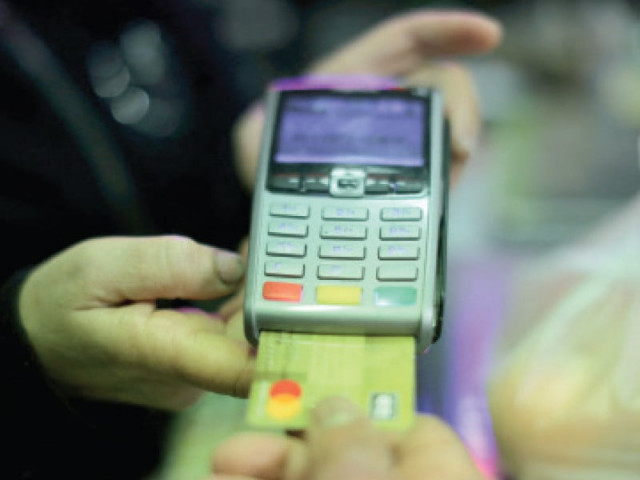Exporters reject 29% tax on export earnings
Warn of serious economic consequences if fixed tax regime is abolished

Leaders of the All Pakistan Fruit and Vegetable Exporters Association have strongly rejected the government’s proposal to levy a 29% tax on export earnings in the financial year 2024-2025 budget, replacing the full and final withholding tax of 1% under the fixed tax regime.
They warned the federal government that placing exports under the normal tax regime by abolishing the fixed tax regime will have a severe impact on Pakistan’s economy.
Speaking to journalists at the Karachi Press Club on Tuesday evening, they stressed that the government must explain its allocation for Research and Development (R&D) and spend ample funds to address the rising population and serious food security concerns in the country.
They stated that the abolition of the fixed tax regime will significantly reduce exports, lead to the closure of export units, cause widespread unemployment, prevent the government from meeting its tax revenue targets, and further depreciate the rupee due to a shortage of foreign exchange. Additionally, the agricultural sector, which is the backbone of Pakistan’s economy and provides employment to millions, will be at risk.
Waheed Ahmed, Patron-in-Chief of the All Pakistan Fruit and Vegetable Exporters Association (PFVA), said, “With the strenuous efforts of PFVA, the export of fruits and vegetables from Pakistan has reached $700 million, which we are trying to enhance to $1 billion and then to $3 billion in the next five years. The biggest challenge for the agriculture and horticulture sector is the impact of climate change, leading to food shortages not only for export but also to meet local demand. Another major problem the horticulture sector faces is rising costs, making it increasingly difficult to compete in the international market. We were strongly anticipating that the government would provide a significant relief package for the agriculture sector, especially the horticulture sector, considering the challenge of climate change.”
He added that the PFVA is focused on exploring new international markets for Pakistan, marketing, packaging, modernising processing, and improving the quality of fruits and vegetables. However, if the 29% tax on export income proposed in the federal budget 2024-25 is imposed, exporters and PFVA will be diverted from their main goal of enhancing fruit and vegetable exports, as they will spend more time maintaining records of income, expenditure, and profit.
“If the proposed 29% tax on exports is implemented in the federal budget 2024-25, it will be difficult to maintain the current level of fruit and vegetable exports, and exports will certainly decline in the same year, as it will be difficult for our members to fulfil export orders due to the uncertainty that has arisen.”
The issues likely to be encountered with the implementation of the 29% tax on export income in the Federal Budget 2024-25 include the challenge of tax exemption on the agricultural sector and the large proportion of cash-based transactions. Ninety percent of farmers in Pakistan are small-scale farmers who have tax exemption or zero-rate facilities. These farmers are neither registered with the FBR nor issue invoices to exporters or receipts for purchases or payments, making it impossible to establish a money trail of expenditure. In the fixed tax regime, exporters pay 0.25% as an Export Development Fund (EDF) besides withholding tax of 1% of export turnover, in addition to 0.25 to 0.35% bank charges, constituting 1.85% of the total turnover.



















COMMENTS
Comments are moderated and generally will be posted if they are on-topic and not abusive.
For more information, please see our Comments FAQ